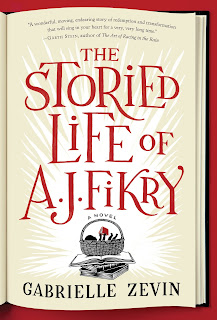This was a long book, and it took me awhile to read it. It would like to be read a little faster than I did (on and off for six months maybe), because there are a lot of parallel characters to follow. This is the second Richard Powers book I've read (the first was Orfeo) and his approach to novels seems to be to have his characters explore a technical topic of some kind. In Orfeo, it was avant-garde music of the 50s and 60s. In the Overstory, it is the science of trees. The novel was absolutely gorgeous and a delight to read. (Minor spoilers ahead). The structure of the story follows about a dozen characters who initially each have their own chapter, and then, mid-novel, they start to come together. It took me some time to realize that this was like the roots of a tree merging into the trunk. To my mind, this analogy continued, with the characters separating again, and each eventually flowering in their own way.
Of course it is a story about how humanity is changing the environment. Typically these stories end focused on dire warnings, and I worried that Powers wasn't going to bring any further message than that - but instead he pulls a rabbit out of his hat, and executes a marvelous turn that had me in tears. More and more I have come to realize that viewing humans as something outside of nature does more harm than good. Highways are as much a part of humans as anthills are a part of ants. Of course humans are having a tremendous effect on the planet, as we have found better and faster ways to communicate. Modern man is a meteor that has struck the planet, and things are changing - they have to. We do indeed need help from all quarters - and this book helped me to understand where that help will come from. Also, I learned a lot about trees.







